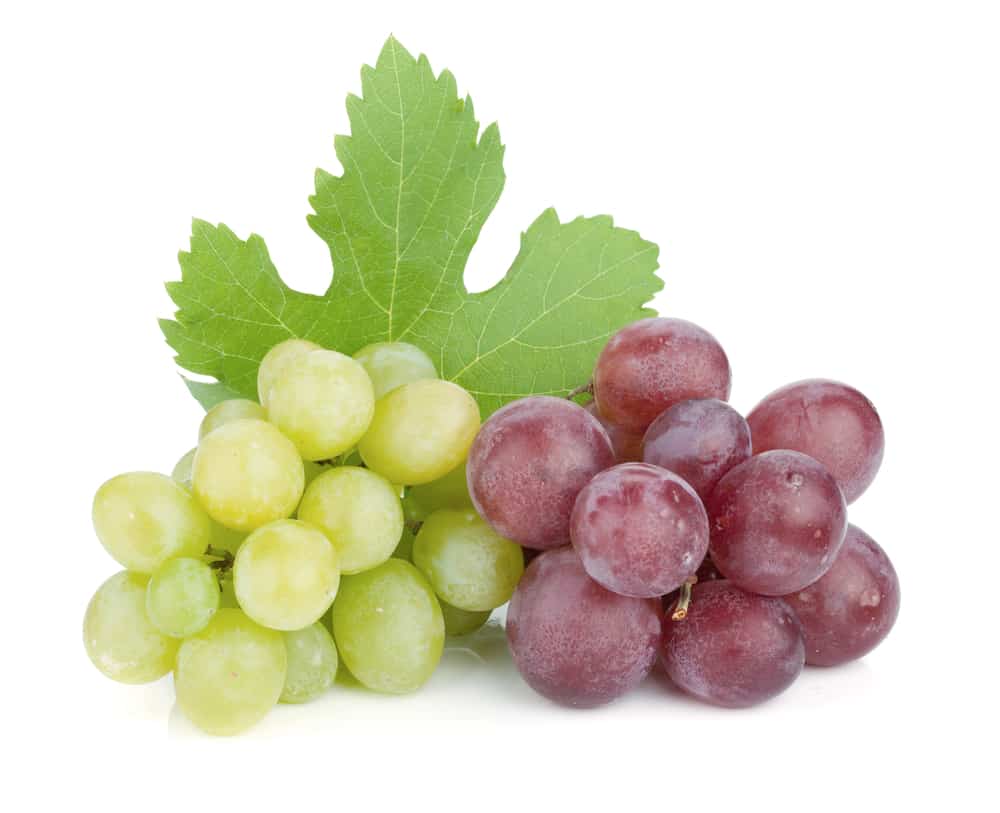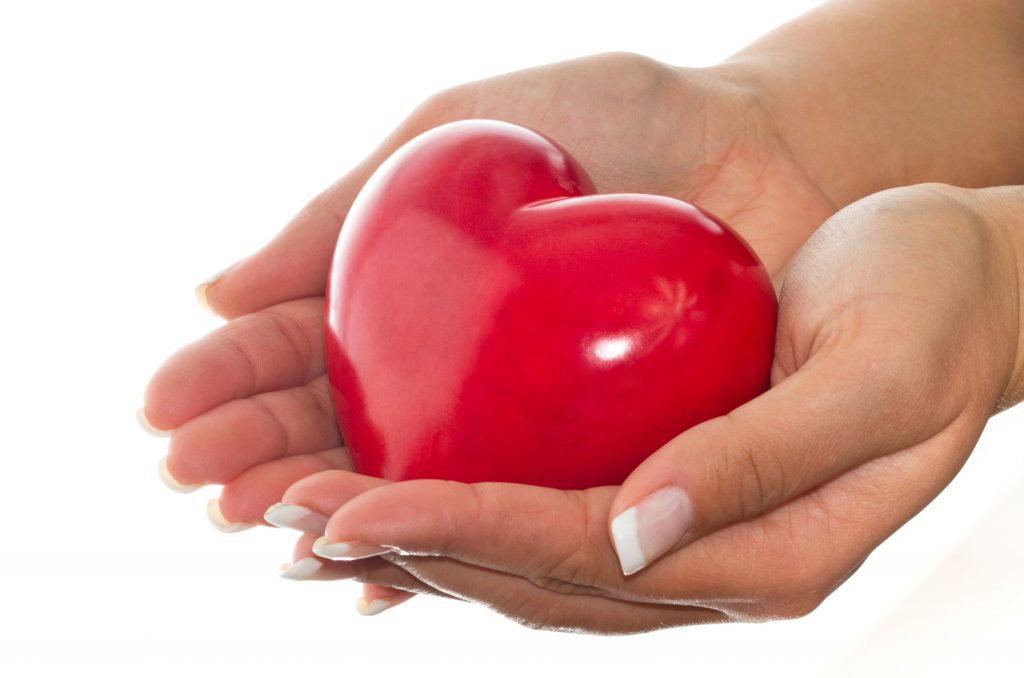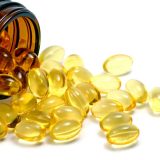

Every few years, new research comes down from the medical mountaintops telling us that red wine is good, or bad, or good in moderation, or better if avoided completely.
It’s hard to know what to listen to.
Ears perked up on December 12th when a giant new study was released, conducted over a 6 year period with a participant pool in the 20,000 range which seems to reinforce the “glass a day keeps the doctor away” adage.
The results are somewhat murky, but the study was conducted by the Epidemiology and Prevention of IRCCS Neuromed (Pozzilli, Italy), alongside the Department of Nutrition of the Harvard T.H. Chan School of Public Health (Boston), so it definitely deserves a closer look (1).
What’s the truth when it comes to one of our favorite libations?
Let’s first examine:
- how wine is made
- what its medical properties are
- and why many health professionals are warming to the idea of moderation as a healthy practice.
Red or White, it All Starts with the Grape

No matter what the grape varietal, vineyards have a few decisions to make when it comes time to harvest. They must choose whether they want to hand pick or machine pick their grapes and what time of day to do so in order to lock in the right sugar content of the grape.
All of these choices can have an impact on the yield and quality of the wine.
Smaller vineyards prefer hand-picking which is slightly more labor intensive, while larger vineyards can yield more by using machinery (2).
It’s at this point that the grapes get de-stemmed and crushed.
White grapes get crushed and pressed, then filtered to remove sediment before the fermentation process is begun. Red grapes, on the other hand, are crushed and fermented with their skins, which contributes to the deep red hues of most red wines and those delicious tannins you hear sommeliers talking about (2).
Fermentation, the process by which the sugar in the wine is converted into alcohol is next. There are many different ways to ferment, but in the case of both red and white wine, yeast is added to the vats to kick-start the fermentation process. When fermentation is complete, the wine gets pressed again and transferred to a barrel where it will sit to age for several months or years depending on the type of wine and winemaker (2).
Back To Tannins
Tannins are, in essence, the macerated bits of red grape skins that add the “dry” quality to red wines. They are found in white wines, but because white grapes are pressed and the sediment and skins are filtered out before fermentation, their tannin levels are much lower than red wine.
Tannins contain the key compound responsible for stirring up the health craze around moderate red wine consumption – polyphenol.
Pulmonary Health and Polyphenols

Polyphenols are a robust group of compounds found commonly in fruits and plants.
Polyphenols can be further categorized into the following groups:
• flavonoids
• phenolic acids
• stilbenes
• and lignans (9)
Polyphenols also contain resveratrol, a compound strongly purported to have cardiovascular benefits and sold widely as a supplement. If you listen to Dr. Ken Mukamal, associate professor of medicine at Harvard Medical School, he thinks that the research around resveratrol and its effects in mice is promising (5).
While both contain polyphenols, white wine contains considerably less than red.
In an article published in Oxidative Medicine and Cellular Longevity we’re reminded that “Epidemiological studies have repeatedly shown an inverse association between the risk of chronic human diseases and the consumption of polyphenolic-rich diet,” and also limit the incidence of coronary heart disease (4).
A whole host of other fruits, veggies, whole grains, fats and seasonings also contain polyphenols (6).
These studies and others are hard to ignore in assessing red wine and the polyphenols contained as a legitimate antioxidant that can help:
- relieve oxidative stress
- inflammation
- and thus a host of health issues.
Flavonoids and lignans in fruits and vegetables have been studied for their anti-inflammatory properties in adults. The conclusion: “Mammalian lignans were inversely associated with markers of chronic inflammation.”(5) Other studies have found correlations between moderate drinking and lower incidents of type I and II diabetes (3).
On The Flip Side…
You don’t have to look far to find research investigating the negative health effects of drinking too much. From cardiovascular problems to liver function, alcohol will wreak absolute havoc if not consumed in moderation.
There’s no shortage of studies and articles advising us to abstain altogether, the largest of which was a worldwide Lancet study that aggregated over a hundred other studies and included data such as alcohol sales and automobile incidents involving alcohol. That study concluded that when it comes to public health, the best option is no drinking at all (7), (3) and (8).
In the short term, drinking can raise your blood pressure, and if you drink too much too frequently, raising your blood pressure over time can lead to a host of health complications.
Too much alcohol has also been linked to breast cancer, weight gain and is essentially the worst possible thing for you to do if you’re suffering from or trying to prevent liver disease (1).
How Much Is Okay?

U.S. guidelines currently recommend less than 2 drinks per day for men and less than 1 drink per day for women. The Harvard Public School of Health reminds us that “more than 100 prospective studies show an inverse association between light to moderate drinking and risk of heart attack, ischemic (clot-caused) stroke, peripheral vascular disease, sudden cardiac death, and death from all cardiovascular causes (3).”
And while it’s easy to look at the new Harvard study and lead investigator Ken Mukamal’s statements and get swept up in the hype, keep in mind the term moderation across studies and culture varies widely, from less than a drink to 3-4 drinks per day. This recent Harvard study defines moderations as one glass of wine per day.
There is also a myriad of other environmental influences that could potentially have an impact on cardiovascular health, which is one reason why it’s difficult to conduct nutritional studies in general. This recent Harvard study also fails to take into account participants drinking habits prior to their participation in the study.
The most conclusive thing the study showed was that moderate alcohol consumption (one glass of wine per day) was associated with lower hospitalization rates. Which may not seem like a big deal, but these findings could be grounds for future studies and possible revisions to public health recommendations.
Be Wary
This study should not be taken as gospel and it should be known that Dr. Ken Mukamal doesn’t have the cleanest track record when it comes to studies on alcohol and moderation.
The Harvard Crimson, the student-run nonprofit rag shed some light on the conflict surrounding Dr. Ken Mukamal. A previous study on alcohol and moderation that he was also the lead investigator of was shut down in March of 2018 due to corporate funding concerns. As it turns out, $67 million in funding was secured for the study from alcohol manufacturers and raised flags with the National Institute of Alcohol Abuse and Alcoholism calling into question the impartiality of the process (6). That’s not to say that this study was tainted, but it certainly raises ethical and procedural concerns surrounding Dr. Ken Mukamal and warrants extra scrutiny.
Conclusion
The only thing to be said about alcohol with 100% certainty is that it is both elixir and poison. If you’re going to imbibe, red wine is likely the safer bet, containing more of the compounds commonly believed to offer health benefits.
However, red wine isn’t your only option.
Polyphenols and flavonoids are found in a wide variety of fruits, vegetables and common items in your pantry, so don’t feel like you have to drink to reap the benefits. Many of the same compounds can be found in supplement form.
If you don’t drink, don’t start; but if you do, try and keep it to one drink or less per day and always drink responsibly.




